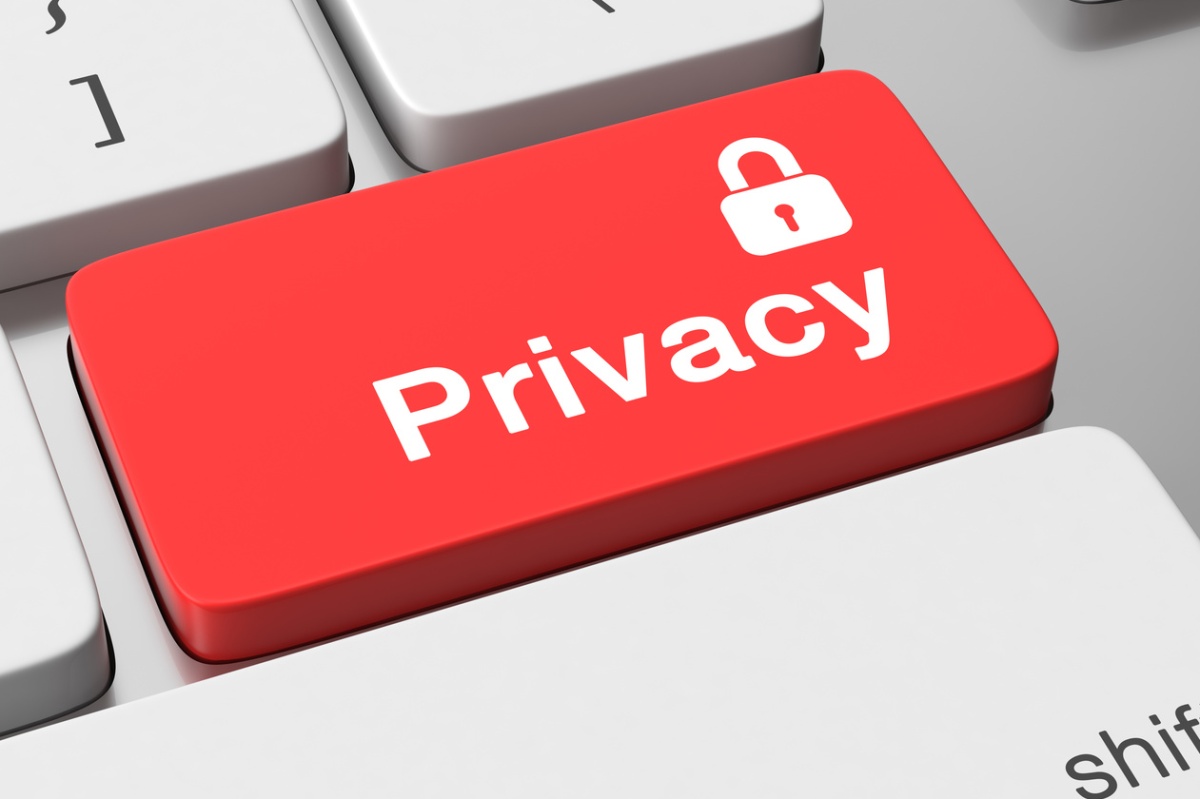The Digital Age was born of revolutionary evolutions in technology and communications. However, the Digital Age also brought about new policies and legal complications, many of which are not read in their entirety by the masses. Everything posted on the Internet is like a tattoo, permanently etched into electronic stone even if hidden by layers of other websites or a "remove" button. What does information that never goes away mean for you?
It means less digital privacy.
Digital privacy should be what protects you online but algorithms, online usage tracking software, and even analysis of your online activity take away that privacy. For you, it may affect your job or college search if someone does a digital background check. The flimsy "privacy" of online life may even lead to jail time or a court case depending on what you may have posted online or what someone else may have posted with you. Perhaps you may be scammed or had your information stolen through sites selling your information to each other across platforms.
Friends and family are also subject to these sort of personal issues. A legal proceeding that the internet has kept going is the January 6th incident. Depending on how you may view it, it may also be the January 6th riot, protest, or even a coup d'etat. While this lack of privacy may have lead to the protection of American democracy as well as Congress and politicians.
Protecting ourselves from breaches of privacy online is a complicated series of trial and error, and hoping the site you've browsed through or registered on doesn't sell or breach your privacy. While some information may lead to personally helpful possibilities (like targeted ads or marketing), a majority of privacy breaches may lead to malware, identity theft through weak privacy protections, or contracts you may not be able to understand or escape, even if you delete the information from X site.
The government is struggling to protect the masses in the modern age and the newest decade. The U.S government has flimsy laws that are dated to the early days of the Internet, where it was easier to regulate the Internet and businesses on it. Then, it was easier to enable and secure a child lock or channel. Today, kids are able to switch between child-friendly and more mature content. The government hasn't been able to protect users like it had early on.
How can we protect ourselves? Firstly, read the contracts. They pertain to the handling of your information or data you may produce in the use of your device or the sites you visit. You can erase trackers by frequently clearing all aspects of your search history (including cookies!) when you do go through and erase Internet history. Easier and possibly less boring things to do are the following:
- Keep all your devices up to date.
- Set strong passwords where you use passwords.
- Keep your personal information personal. It's where it should be: just with you.
Something else to look out for are scams, which are mostly easy to spot now with out-of-pocket ads and random emails. Shopping is also something to take with a grain of salt. Be careful what you view to protect yourself from a bad buy and scams. Keep records of what you buy until you receive them. And remember to monitor your activity!
/cdn.vox-cdn.com/uploads/chorus_image/image/69632702/cwelch_191031_3763_0001.0.jpg)


No comments:
Post a Comment